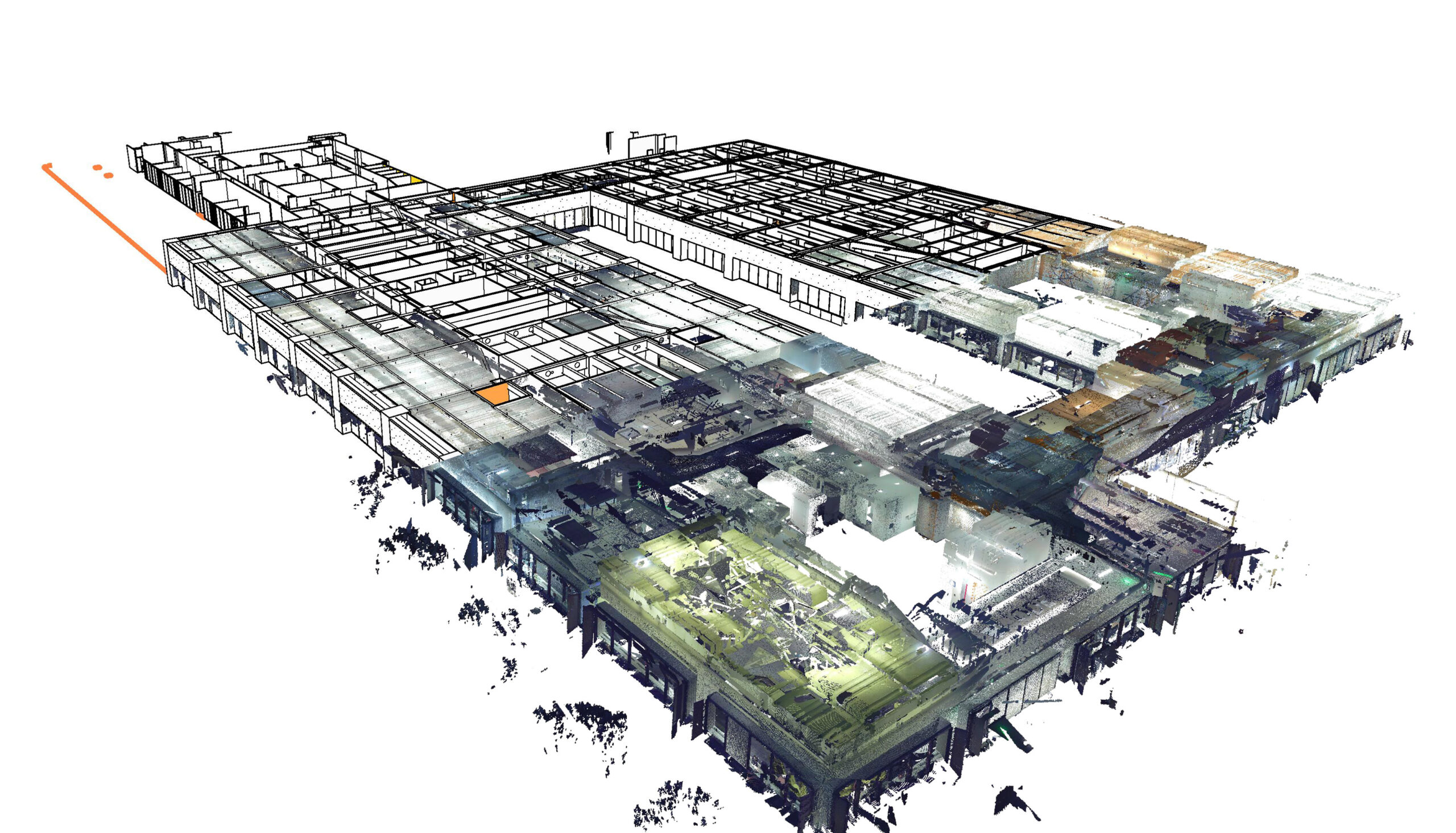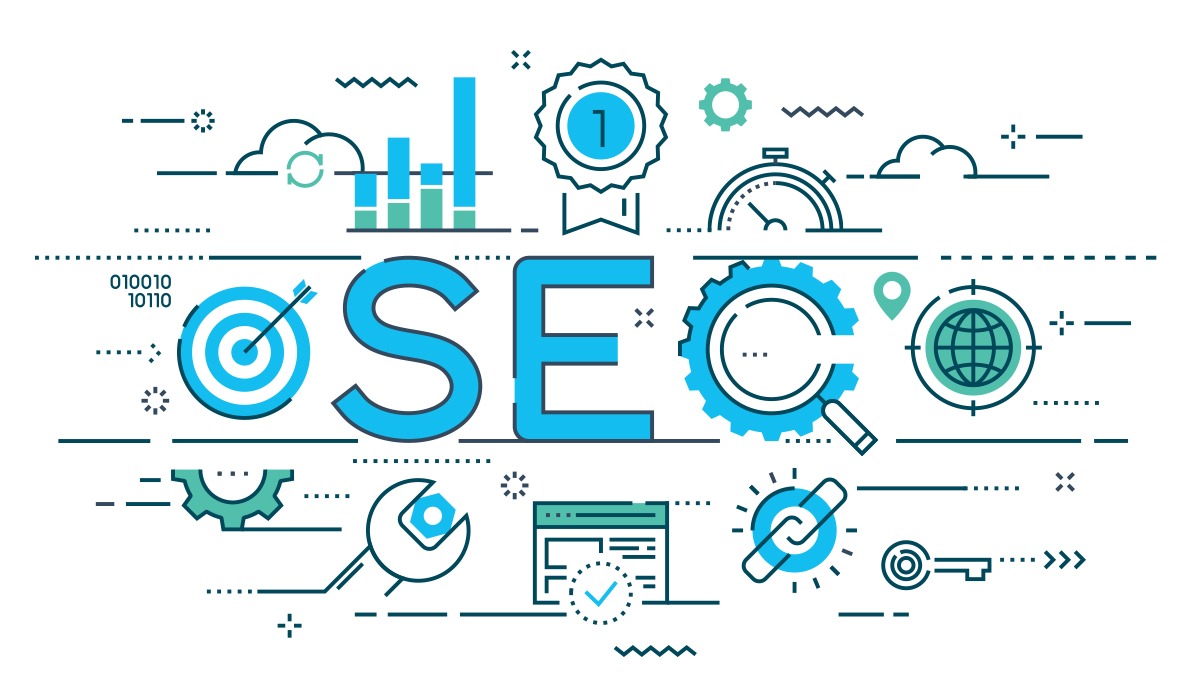Government Audit AI with Ties to Transparency and Efficiency

In today’s rapidly evolving world, where data plays a critical role in decision-making, governments around the globe are turning to artificial intelligence (AI) to streamline their auditing processes. The integration of AI in government audits has the potential to revolutionize transparency and efficiency, leading to improved governance and better utilization of resources. This article delves into the use of AI in government audits and how it can enhance transparency and efficiency across various sectors.
The Role of AI in Government Audits
Understanding AI-powered Auditing Systems
AI-powered auditing systems leverage advanced algorithms and machine learning to process vast amounts of data efficiently. These systems can analyze financial records, detect anomalies, and identify potential discrepancies in a fraction of the time it takes for human auditors. Thegroupofambikataylor.com
Enhancing Transparency
Transparency is crucial in any government operation to foster trust and credibility among citizens. AI-driven auditing systems provide a transparent approach by meticulously documenting the auditing process and providing a clear trail of actions taken during the audit. This transparency instills confidence in citizens and stakeholders, ensuring that auditing processes are unbiased and fair.
Improving Audit Accuracy
Traditional audits conducted solely by human auditors are susceptible to errors and subjectivity. AI-powered systems, on the other hand, rely on data-driven insights, reducing the likelihood of errors and ensuring greater accuracy in audit reports. This improved accuracy strengthens the validity of audit findings, leading to more effective policy decisions.
Real-Time Monitoring
Government operations are complex and dynamic, requiring continuous monitoring to identify potential risks promptly. AI-enabled auditing systems can perform real-time monitoring, enabling government agencies to detect and address issues as they arise. This proactive approach minimizes the impact of irregularities and improves overall governance.
Identifying Patterns and Trends
AI algorithms have the capability to identify patterns and trends within large datasets that may not be apparent to human auditors. By analyzing vast amounts of historical data, AI-powered audits can pinpoint recurring patterns and trends Character Ai, helping governments make informed decisions based on historical performance.
Resource Optimization
Traditional auditing processes are resource-intensive and time-consuming. AI-driven audits optimize resource utilization by automating repetitive tasks, allowing human auditors to focus on complex analyses and critical decision-making processes. This optimization saves time and reduces costs, making government operations more efficient.
Challenges in Implementing AI in Government Audits
Data Privacy and Security Concerns
The integration of AI in government audits raises concerns about data privacy and security. To ensure the confidentiality of sensitive information, governments must implement robust security measures and adhere to strict data protection regulations.
Skill Gap and Training
AI technology requires specialized skills to operate effectively. Governments need to invest in training their auditors and staff to work proficiently with AI-powered systems, bridging the skill gap and maximizing the potential of these technologies.
Bias and Fairness
AI algorithms are only as unbiased as the data they are trained on. Governments must be cautious about potential biases present in historical data, as these biases can lead to unfair outcomes. Continuous monitoring and refinement of AI models can mitigate such issues.
The Future of AI-Driven Government Audits
Expanding Application
The application of AI in government audits is not limited to financial auditing alone. Its potential extends to areas like compliance auditing, performance auditing, and program evaluation. As AI technology continues to evolve, its application in different audit domains will likely become more prevalent.
Predictive Auditing
The future of government audits lies in predictive analytics, where AI can forecast potential risks and identify areas that require preemptive action. Predictive auditing can enhance government decision-making and resource allocation, leading to more efficient governance.
Blockchain Integration
The integration of blockchain technology with AI-driven auditing systems can further enhance transparency and security. Blockchain’s immutable ledger can provide an additional layer of trust, ensuring the integrity of audit records.
Conclusion
The adoption of AI in government audits holds immense potential for transforming transparency and efficiency. By leveraging AI-powered systems lexica Ai Login, governments can enhance accuracy, optimize resources, and make data-driven decisions. However, challenges such as data privacy and bias must be addressed for successful implementation. As AI technology evolves, the future of government audits will witness greater transparency, improved decision-making, and enhanced governance.
FAQs
- Is AI replacing human auditors in government audits?No, AI is not replacing human auditors but rather complementing their work. AI-powered systems assist auditors in processing data, identifying patterns, and automating repetitive tasks, allowing human auditors to focus on complex analyses and decision-making.
- How does AI improve transparency in government audits?AI-driven auditing systems document the entire audit process, leaving a transparent trail of actions taken during the audit. This transparency ensures that citizens and stakeholders have insights into the audit’s procedures and results.
- Can AI eliminate audit errors completely?While AI can significantly reduce audit errors by relying on data-driven insights, complete elimination of errors is challenging. Proper training, continuous monitoring, and refining AI models can minimize errors to a great extent.
- Does the integration of AI in audits lead to cost savings?Yes, AI-powered audits can lead to cost savings by optimizing resource utilization and automating manual tasks. This allows governments to allocate resources more efficiently.
- What is the significance of real-time monitoring in government audits?Real-time monitoring enables governments to detect irregularities and potential risks promptly, facilitating timely corrective action. It enhances the government’s ability to address issues proactively and maintain efficient governance.




